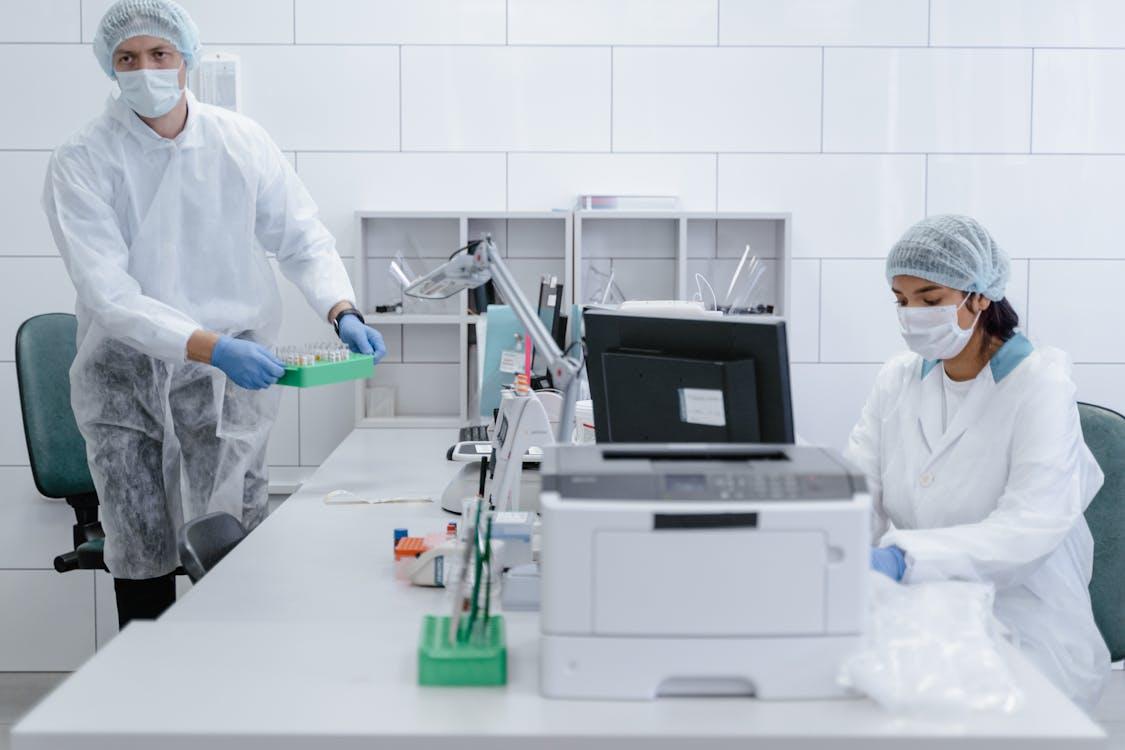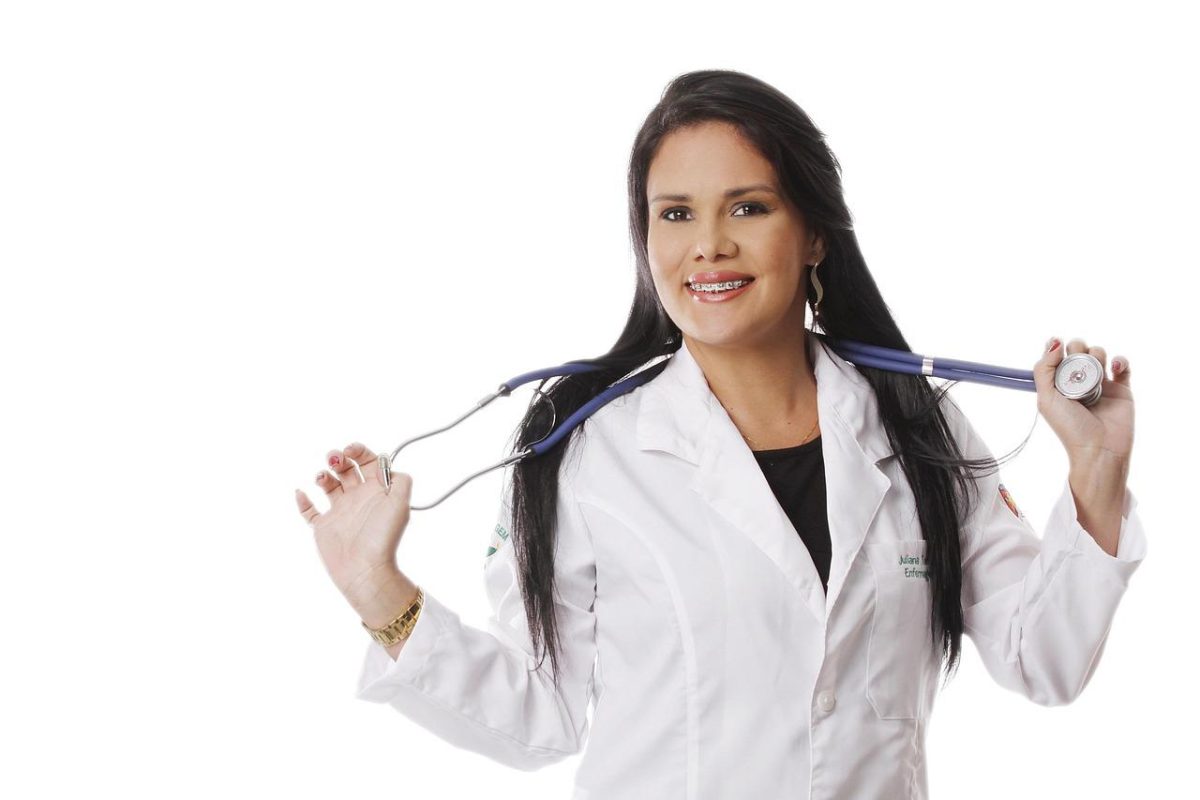Image Source: Pexels
Healthcare has always provided college graduates with abundant opportunities, although today many are looking beyond traditional roles to pick a career path in this industry. A range of options are available outside of the obvious, so here are a few examples to consider so you can ensure your journey into the world of work is informed and successful.
Medical Office Assistant
Medical office assistants keep healthcare operations running smoothly. They handle administrative tasks, ensuring doctors and patients focus on care.
This role stands out thanks to:
- Strong demand for organized, efficient staff in various medical settings
- Opportunities to work in hospitals, clinics, private practices
- Diverse responsibilities include scheduling appointments and managing patient records
- Valuable skills learned such as communication and attention to detail
In addition, it’s a route that offers practical experience for those considering further healthcare education. With medical office assistant training offered at schools like Unitech Training Academy, students can gain the hands-on experience that’s essential for success.
For many graduates stepping into the workforce, this position provides a stable entry point with room to grow into advanced roles within the industry. It serves as an excellent foundation that opens doors to diverse opportunities in healthcare.
Health Information Technician
Health information technicians are responsible for managing patient data with precision and security, which is obviously important to how healthcare plays out today.
Key aspects of this position are:
- Strong growth of 16% annually driven by increased digitalization in healthcare systems
- Responsibility for maintaining the accuracy of electronic health records
- Ensuring compliance with regulations like HIPAA for data privacy
These professionals are vital as they ensure that medical teams have access to accurate information quickly, enhancing patient care. Training programs equip individuals with skills such as data analysis and software proficiency, both of which are eminently transferable.
The role offers stability and also serves as a stepping stone into other health IT fields, such as database management and server migration. By providing insights into hospital operations through efficient management of records, these technicians help bridge the gap between administrative functions and clinical needs.
Clinical Laboratory Technologist
Clinical laboratory technologists work behind the scenes, performing tests crucial for patient diagnosis and treatment.
This role includes:
- Conducting a wide range of lab tests on blood, tissue, and other samples
- Ensuring accuracy and reliability in test results for effective medical decisions
- Collaborating with physicians to identify health issues through data analysis
The demand for these professionals grows as diagnostic technology advances. They require strong analytical skills and attention to detail, often working with complex equipment to deliver precise outcomes. They also need to know the fundamentals of good teamwork, as it’s often necessary for cross-disciplinary collaboration, as mentioned.
Training programs provide the scientific knowledge necessary to thrive in this field. As essential members of the healthcare team, they contribute significantly to patient care without direct contact.
This position offers both stability and potential advancement opportunities into specialized areas such as molecular biology or pathology labs.
Biomedical Equipment Technician
Biomedical equipment technicians maintain and repair the medical devices that are vital for patient treatment and diagnosis.
Elements of the role include:
- Regularly inspecting, testing, and calibrating medical machinery to ensure optimal performance
- Troubleshooting equipment issues to minimize downtime in healthcare settings
- Keeping abreast of technological advancements and integrating new systems into practice
Their work ensures that doctors have reliable tools for delivering care. These technicians combine technical expertise with problem-solving skills, working closely with clinical staff.
Training involves learning both electronic principles and practical maintenance techniques. The importance of this role grows as healthcare technology advances rapidly.
For those interested in a tech-centric career within healthcare, it offers steady employment with opportunities for specialization. It’s worth checking out this BLS interview with a current technician to get a better sense of what’s involved.
Wrapping Up
These emerging healthcare careers provide stable entry points with room for growth. Better yet, they are relevant to patient care and operational efficiency, making them indispensable in the long term as well as ethically appealing right now.
Choosing non-traditional roles like these lets graduates gain valuable experience and look to advanced opportunities later in their working lives. This is why exploring diverse positions can lead to fulfilling career paths within healthcare while keeping other avenues available if you want to switch things up in years to come.






























































































































